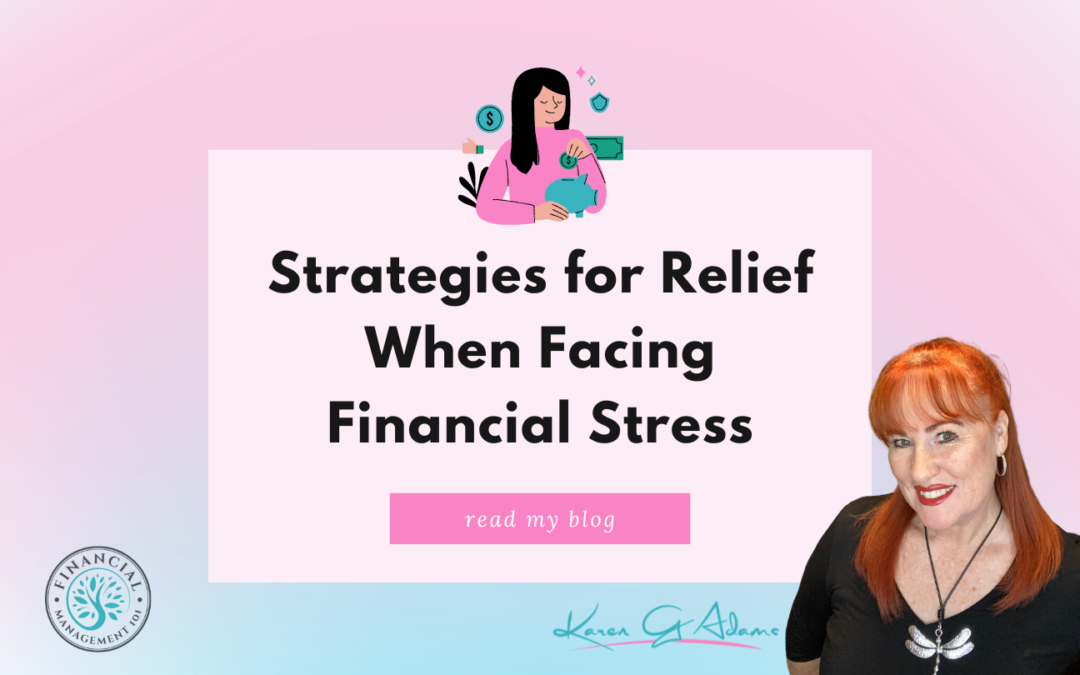
Why Understanding Insurance is Key to Your Family’s Financial Security
Hey there, amazing people!
As your financial coach and mortgage broker, I’m here with a warm cup of advice that’s as comforting as your morning coffee.
Today, we’re diving into a topic that might seem as complex as grandma’s secret recipe but is equally essential for your family’s well-being: Understanding Insurance.
Stick with me, and I promise to make it as fun and digestible as your favourite weekend brunch!
The “Why” Behind Insurance
Imagine for a moment that life is a board game. You’re moving along, collecting milestones like they’re monopoly money – a new job, a house, maybe a little one (or two) joining your journey. Suddenly, a roll of the dice sends you a few spaces back: an unexpected event, an illness, or even a natural disaster. Here’s where insurance comes into play, acting like that magical “Get Out of Jail Free” card, ensuring these setbacks don’t derail your family’s financial future.
The Safety Net You Didn’t Know You Needed
In its simplest form, insurance is a safety net. It’s there to catch you and your loved ones when life’s unpredictabilities threaten your financial stability. From health insurance safeguarding against medical bills to life insurance ensuring your family’s future is secure even in your absence, each type serves a purpose, knitting a tighter safety net.

Decoding the Insurance Puzzle
I get it, though! The world of insurance can feel like trying to solve a Rubik’s cube blindfolded. Terms like premiums, deductibles, and coverage options can be baffling. But here’s the secret – understanding insurance doesn’t require a finance degree. It’s about knowing you’re paying a small price today (premiums) to avoid a potentially catastrophic expense tomorrow. It’s betting on certainty in a world of uncertainty.
Life Insurance: The Guardian Angel
Let’s chat about life insurance – it’s like having a financial guardian angel for your family. In the event of the unthinkable, it ensures that mortgages can still be paid, dreams can be pursued, and your family’s lifestyle can be maintained. Think of it as your legacy, ensuring that your loved ones are taken care of, come what may.
Health Insurance: Your Health, Your Wealth
Health insurance is your shield on the battlefield of life. It protects you from the financial blow of medical treatments, which, let’s be honest, can cost an arm and a leg (sometimes, quite literally). Investing in health insurance means investing in peace of mind, knowing that a health hiccup won’t drain your savings.
Property and Car Insurance: Guarding Your Castle
Your home is your castle, and your vehicle, perhaps, is your trusty steed. Property and casualty insurance protect these precious assets from the fire-breathing dragons of life – theft, natural disasters, and accidents. It’s about making sure that your safe haven and your means of adventure are always ready for you, no matter what life throws their way.
Navigating Through the Insurance Maze
Now, I know what you’re thinking – “This sounds great, but how do I navigate through the maze of insurance options?” Here’s where your trusty financial coach (yours truly!) comes in. It’s about:
-
- Assessing Your Needs: Each family is unique, and so are their insurance needs. It’s about figuring out what coverage is essential for you and what might be an unnecessary add-on.
- Comparison Shopping: Just like you wouldn’t buy the first car you test drive, don’t settle on the first insurance policy you come across. Shop around, compare quotes, and read the fine print.
- Asking Questions: No question is too small or silly. Whether it’s clarifying terms or understanding coverage options, ask away! Knowledge is power, especially when it comes to insurance.

The Bottom Line
Understanding insurance is akin to learning a new language – it might seem intimidating at first, but once you get the hang of it, it’s incredibly empowering. It’s about ensuring that no matter the twists and turns life throws at you, your family’s financial security is unshakable. And remember, as your financial coach and mortgage broker, I’m here to guide you through every step, decode every term, and help you build that financial safety net your family deserves.
So, let’s raise our coffee cups to making informed decisions, securing our family’s future, and tackling the insurance puzzle together. Your financial security isn’t just a goal; it’s a journey we’re on together. Cheers to making it as smooth and secure as possible!
Remember, in the grand game of life, insurance is not just a precaution; it’s a strategy for enduring prosperity and peace of mind.
If you want more help understanding your insurance, then reach out to your financial planner or insurance specialist and get the clarity you need to ensure you’re covered where you need to be and not paying for stuff you don’t necessarily need.
The Learning Hub at Financial Management 101 is all about getting the financial education you need to make informed decisions about your financial life and future. Join today for only $79 per month and get immediate access to all courses and books including ongoing financial and mindset monthly coaching now.
















